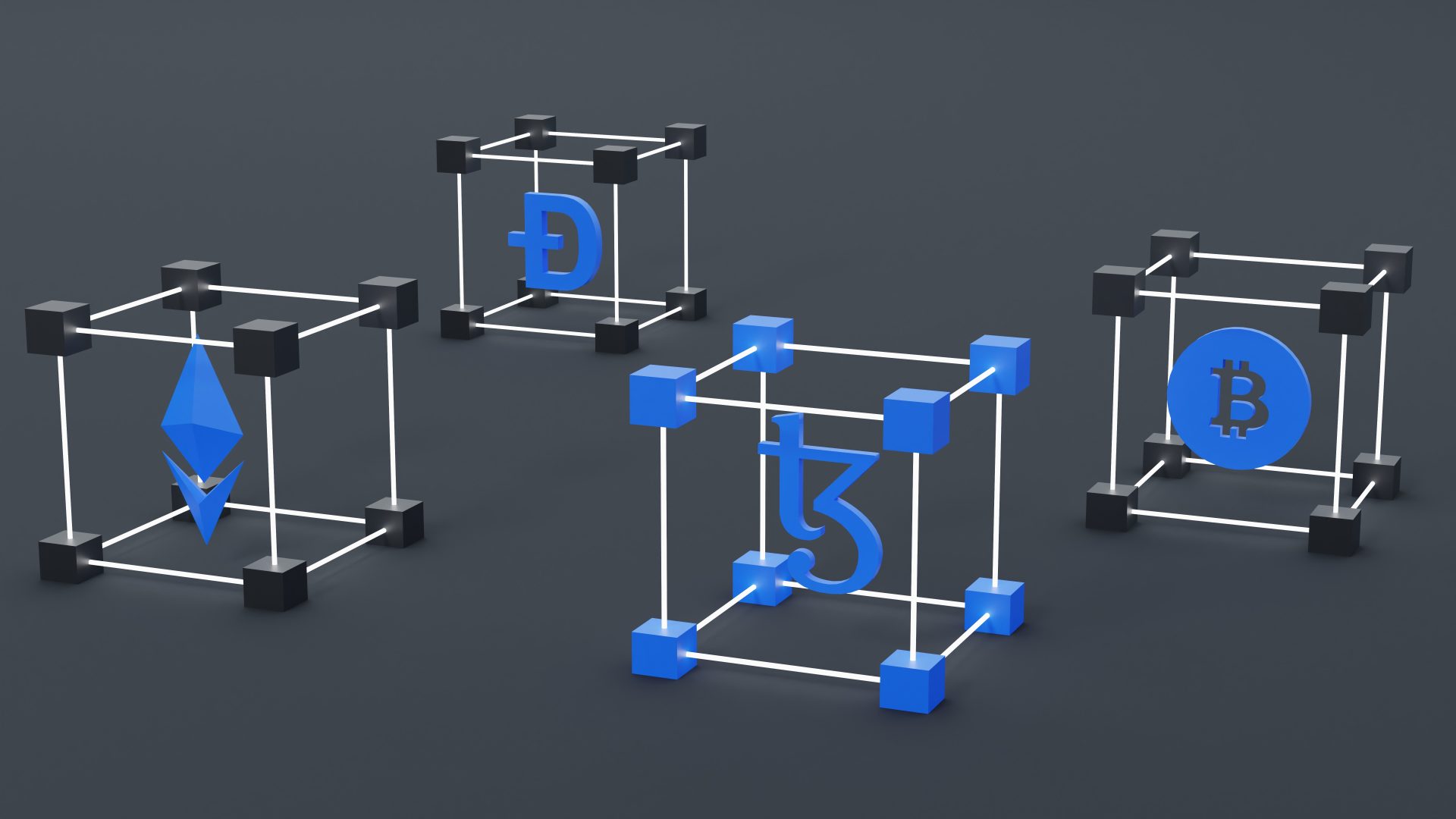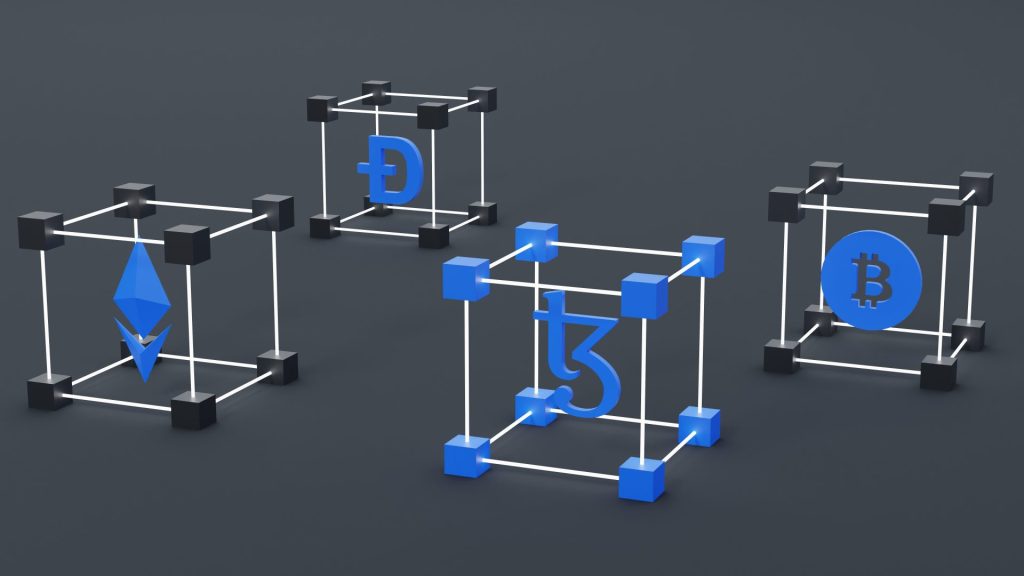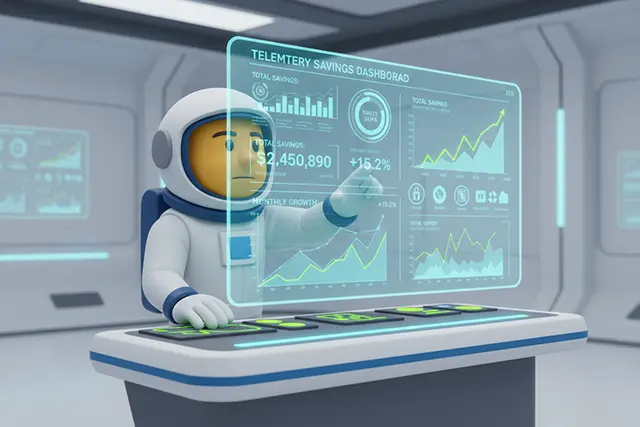The Rise of Decentralized Exchanges (DEX): Understanding the Benefits and Risks

The world of cryptocurrency has undergone a major transformation in recent years, with the rise of decentralized exchanges (DEX) playing a significant role in this evolution. As traditional centralized exchanges (CEX) struggle to keep up with the needs of the growing crypto market, decentralized exchanges have emerged as a more secure, private, and user-friendly alternative. In this article, we will explore the benefits and risks of decentralized exchanges (DEX) and how they are changing the cryptocurrency industry.

Understanding Decentralized Exchanges (DEX)
Decentralized exchanges are a type of cryptocurrency exchange that operate on a decentralized blockchain network, allowing users to trade cryptocurrencies in a peer-to-peer manner without the need for intermediaries. Unlike centralized exchanges, where users deposit their cryptocurrencies to a third-party exchange, decentralized exchanges allow users to keep control of their assets throughout the trading process.
The Benefits of Decentralized Exchanges (DEX)
Greater Security
One of the primary benefits of DEX is the level of security they offer. Unlike centralized exchanges that store user funds on a single server, DEX stores user funds on the blockchain network, providing greater security against hacking and theft. This is because a hacker would have to take control of the entire blockchain network to steal funds, which is a near-impossible feat.
Privacy
Decentralized exchanges also offer a greater level of privacy than centralized exchanges. Centralized exchanges require users to provide personal information such as their name, address, and identification documents to create an account, whereas (DEX) allows users to trade without revealing any personal information. This anonymity protects users from identity theft and fraud.
User Control
Another advantage of decentralized exchanges is the level of user control they offer. Users retain full control of their private keys, which are used to access their cryptocurrency holdings. This means that users are not dependent on an intermediary to hold their funds, reducing the risk of third-party hacks or scams. Users can also trade directly from their wallets, giving them greater control over the transaction process.
Lower Fees
Decentralized exchanges often have lower fees than centralized exchanges. This is because decentralized exchanges operate on a peer-to-peer network, reducing the need for intermediaries and lowering transaction costs. Furthermore, the absence of intermediaries reduces the likelihood of price manipulation, resulting in a fairer trading environment.
The Risks of Decentralized Exchanges (DEX)
Less Liquidity
One of the biggest risks associated with DEX is the lack of liquidity. DEX are still in their early stages of development, and as a result, have a smaller user base than centralized exchanges. This means that the volume of trading on DEX is lower, resulting in less liquidity. This can lead to higher spreads and slippage, making it more difficult to execute trades at the desired price.
Technical Complexity
Decentralized exchanges are more technically complex than centralized exchanges. Unlike centralized exchanges that have a centralized authority managing the platform, decentralized exchanges are managed by the blockchain network, which can be challenging to navigate for users who are not familiar with the technology. Furthermore, the lack of a centralized authority means that there is no one to turn to in case of technical difficulties or disputes.
Less Regulation
Decentralized exchanges are less regulated than centralized exchanges, which can increase the risk of fraud and market manipulation. This is because there is no centralized authority overseeing the platform, leaving users vulnerable to fraudulent activities. As a result, it is important for users to conduct thorough research before using a decentralized exchange and to only use reputable platforms.
Conclusion
Decentralized exchanges are changing the landscape of cryptocurrency trading, providing users with greater security, privacy, and control over their assets. However, they also come with risks such as less
And for those of you who want to grow your Instagram account, you can directly use our service free instagram followers and you can like your post on instagram with Free instagram likes feature







